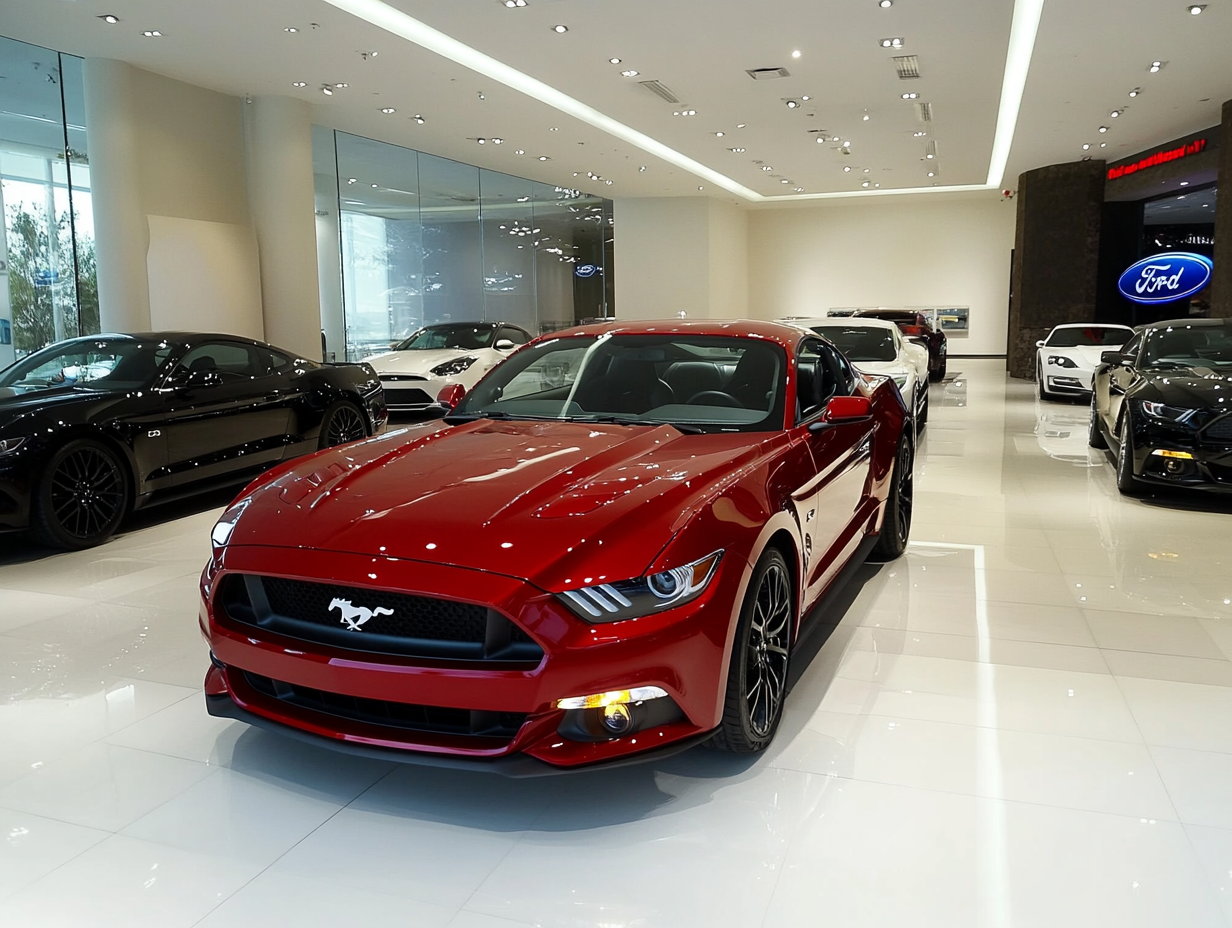The Mexican government on Monday raised concerns about the Biden administration’s proposal to prohibit key Chinese software and hardware in connected vehicles on American roads due to national security concerns.
Mexico’s economy ministry said in a filing with the U.S. Commerce Department the proposal could have a “substantial impact on Mexico’s automotive industry. Economically, it poses potential trade barriers, disruptions to supply chains, increased production costs, and a possible risk of reduced direct and indirect employment.”
Automaker and tech groups separately on Monday asked the administration for changes and for more time before the rule takes effect.
The proposal marked a significant escalation in U.S. restrictions on Chinese vehicles, software and components and would effectively ban the import of Chinese brand vehicles — even if they were assembled in Mexico.
In September, the Biden administration locked in steep tariff hikes on Chinese imports, including a 100% duty on electric vehicles and hikes on EV batteries and key minerals.
Mexico said the proposal could violate North American free trade rules and “lead to increased production costs due to the shift in suppliers of auto parts and components within the automotive industry’s pre-planned supply chain.”
The Commerce Department did not immediately comment.
The proposal would make software prohibitions effective in the 2027 model year. The hardware ban would take effect in the 2030 model year or January 2029.
The Alliance for Automotive Innovation, representing General Motors, Toyota Motor, Volkswagen, Hyundai Motor and other major automakers asked for at least one additional year to meet the hardware requirement.
The Consumer Technology Association asked for both deadlines to be extended by two years as did Honda Motor in order “to conduct crucial testing, validations, and updating of necessary contracts.”
The Commerce Department hopes to finalize the proposal by Jan. 20. The rules cover all on-road vehicles but exclude agricultural or mining vehicles not used on public roads, as well as drones and trains.






